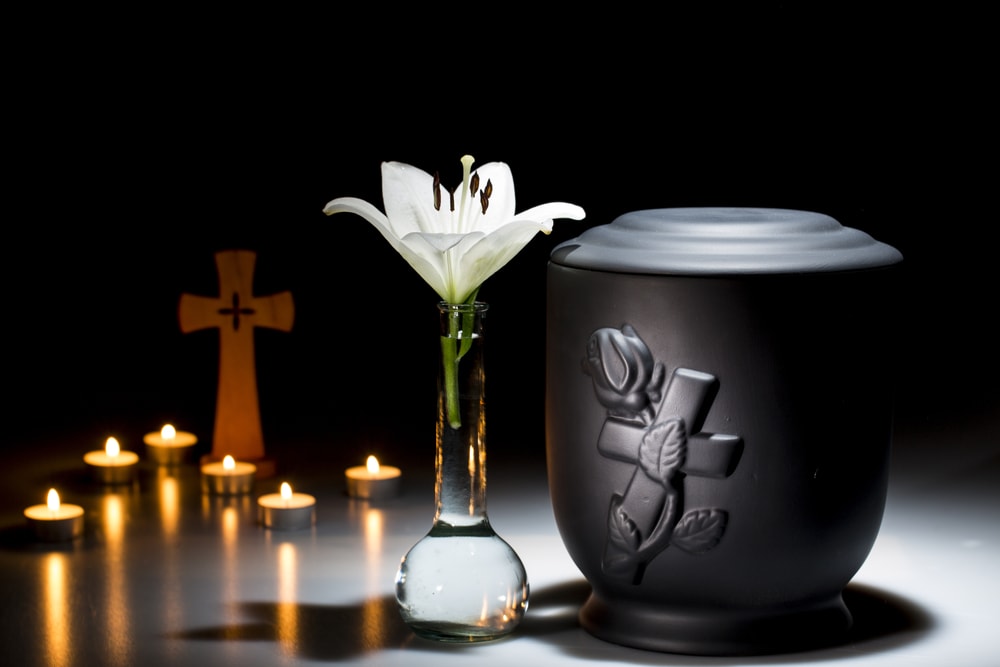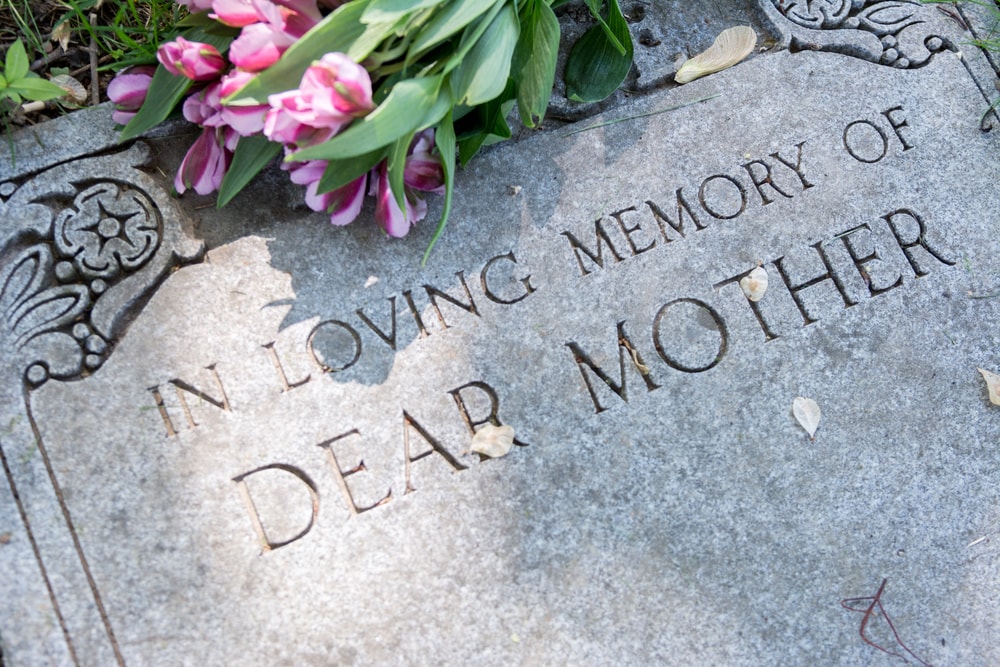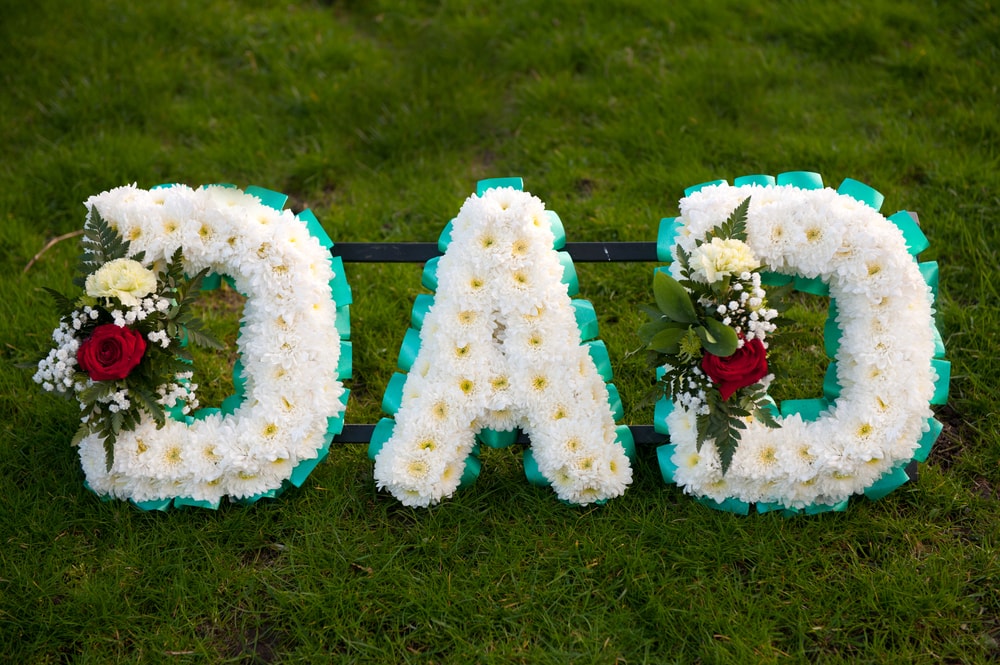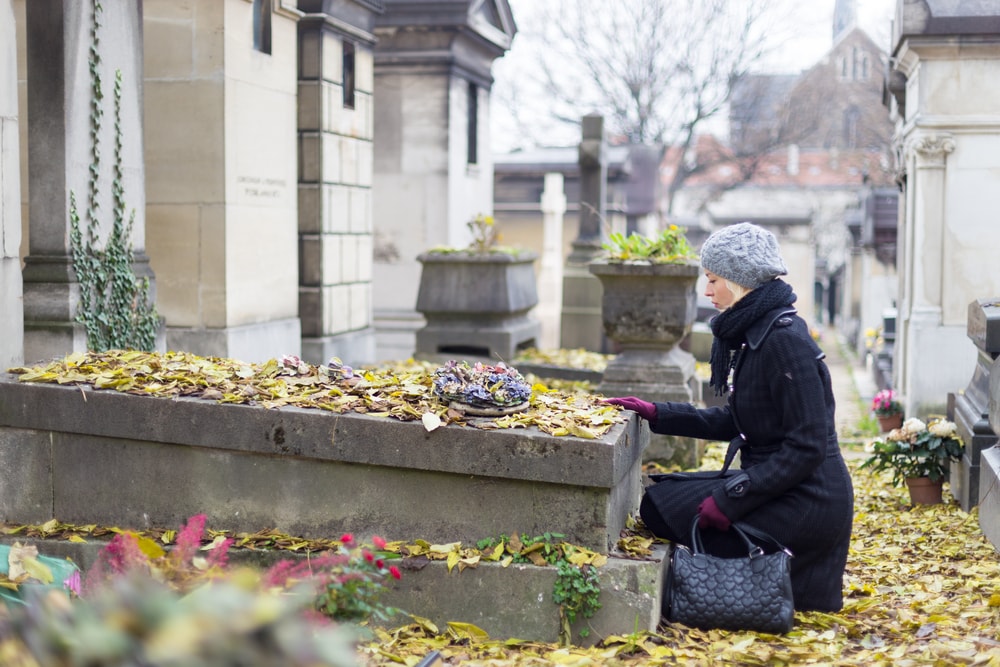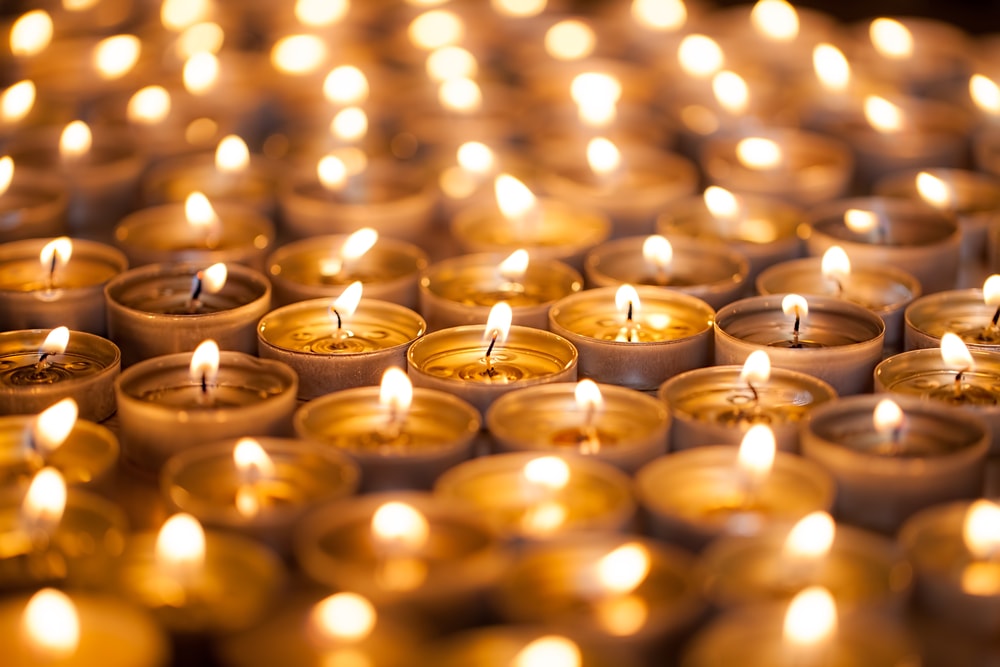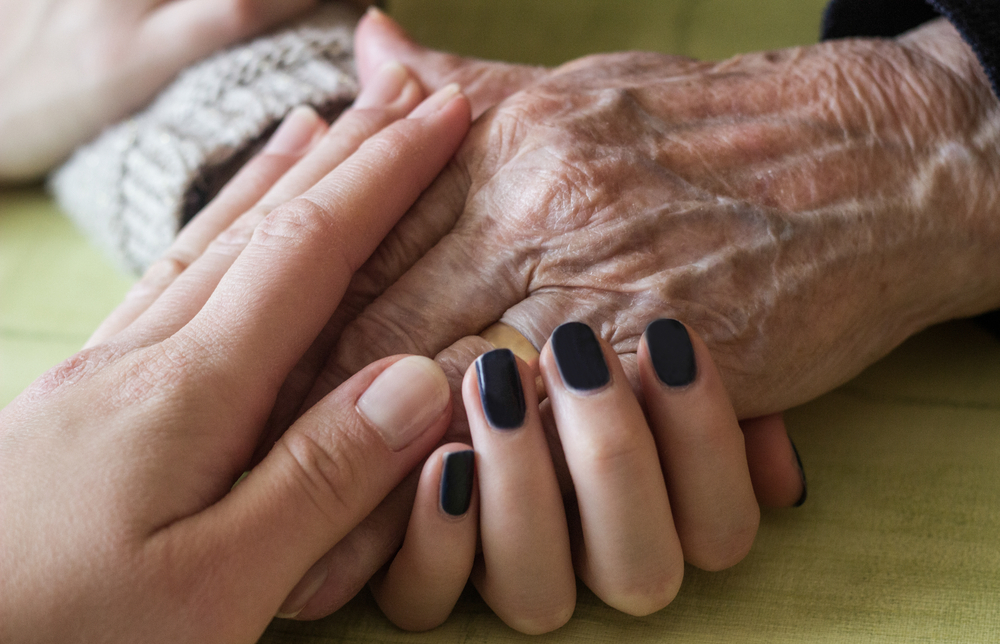
“Gracious acceptance is an art – an art which most never bother to cultivate. We think that we have to learn how to give, but we forget about accepting things, which can be much harder than giving…. Accepting another person’s gift is allowing him to express his feelings for you.” – Alexander McCall Smith
For many of us, accepting help is difficult. Naturally, we want to help others when needs arise, but when it comes to accepting help ourselves, we resist. But during times of loss and grief, it’s important to accept the caring actions of others. It may be difficult, it may require vulnerability on our part, but we will substantially benefit from the love and care that those around us want to bestow.
But why is it so hard to accept the caring actions of others? Why do we so often say, “Oh, no, that’s okay; I’m fine”? It’s safe to say that there’s no one reason; in fact, reasons for refusing help may differ considerably from person to person. Usually they are subconscious assumptions that are actually false. The following list offers the most common reasons why people refuse the help of others. Are any of these false assumptions keeping you from accepting the help of others?

1. If I accept help, it means that I’m weak and don’t have it all together.
For many of us, it’s ingrained to be independent, self-sufficient, and capable members of society. We don’t want to appear weak for fear of judgment from others because we don’t “have it all together.” But what do we really gain from rejecting the help that others offer us? More work and more stress, most of the time. What’s worse is that it is all for the sake of keeping up appearances—which will never result in deep or meaningful connections with others. On the other hand, allowing yourself to be vulnerable with others can lighten the load and actually strengthen your relationships.
2. I won’t accept help because I don’t want to be an inconvenience or a burden to you. You shouldn’t waste your time helping me.
Some of us struggle with feeling like our needs might be an inconvenience to others. It’s not that our needs aren’t legitimate, it’s just that we don’t want others to take time away from their own lives to help us. When you lose someone you love, you may feel bad that a friend wants to babysit your kids, clean your kitchen, or cook some meals. But really, when you accept the help that’s offered, a door to deeper friendship is opened.
3. I have to return the favor if I accept help. I don’t like feeling that I owe anyone anything.
There are those who struggle with feeling that if they accept help, then it makes them beholden to the person who has offered assistance. Again, because many of us desire independence, we don’t like to owe anyone anything. But consider when you offer to help someone – are you thinking about when you will ask them to return the favor? Or do you genuinely want to help, regardless of whether you “benefit” in the end? For most of us, the answer is that we genuinely want to help and have no ulterior motives. So, if someone you know offers to help you when times are difficult and the grief is overwhelming, take them at their word and consider accepting the offer. What do you have to lose?

4. If I accept help, it means admitting that I can’t do it on my own.
It can be hard to admit that we need help. And it may be that we could do it all on our own, but it would be so much easier if someone was there to lend a hand. In reality, you don’t have to do it on your own, but it’s hard to break the mold. It really is okay to accept the kindness of others. It’s okay to say “yes” to the casseroles, the offers to go to the funeral home with you or just sit with you in silence as you grieve. Social connection and community are part of our internal make-up, so it’s okay to allow others to surround you and support you at a time of grief and loss. After all, it takes more internal strength to accept help than to shun it.
5. If I accept help, it makes my grief more real and highlights the fact that I don’t have this situation under control.
Many of us strive for control in our lives, but in reality, any amount of control we think we have is just an illusion. We may be able to dictate certain aspects of our lives, but there is so much that is outside of our control. And during times of grief, the emotions we feel need to be expressed, and to do that, we need to relinquish the tight hold we have on control. The reality is, you don’t have everything under control, so why not acknowledge it and accept the help others offer?
6. I don’t need anyone’s help. I’d rather just do it myself.
For someone who won’t accept help because they feel like they don’t need other people or they’d rather do it themselves, the cause is often rooted in past pain and disappointment. Perhaps they have been so hurt in the past, so let down by others, that they’d rather just do it themselves than risk being wounded again. The truth is, we need other people. And yes, people are messy, but even in the mess, there is great beauty, especially when you lower your walls to allow someone to serve you with caring actions.
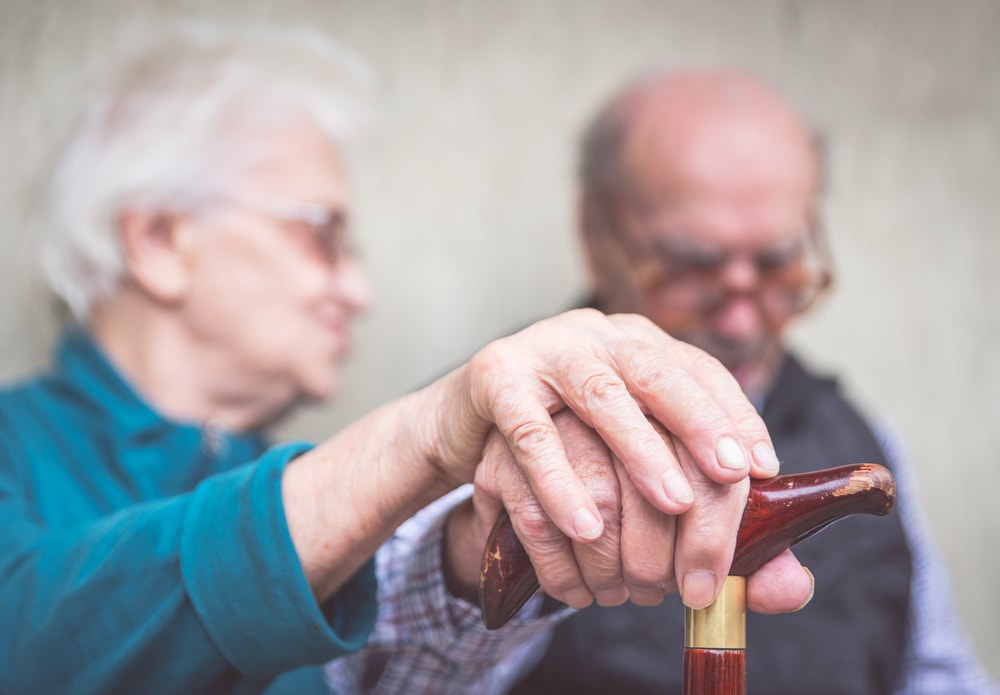
What’s at the root of it all?
So, what’s really happening when we refuse to accept help that we actually need? Are we putting on a happy face when what we really need is a shoulder to cry on? Perhaps we are afraid of being vulnerable in front of other people and admitting our needs. When it comes down to it, all these responses are rooted in fear.
Margie Warrell, in an article for Forbes magazine, put it this way: “Fear gets in the way of asking for help. Fear of overstepping a friendship…of appearing too needy. Fear of imposing….[or] of revealing our struggle and having people realize we don’t have it all together. Too often though we ‘tough it out’ rather than reaching out to ask for help when we need it most. Fear gets the better of us while depriving others of a chance to show they care and share their gifts.”
It’s hard to admit that we might need help, but we do. It can be scary. It can push us to our limits, but we need relationships. We need others. It’s a proven fact that healthy relationships decrease our stress levels and improve our quality of life. So, what’s keeping you from accepting the caring actions of others? Are you afraid that your grief will make them turn away? That the fact that you aren’t okay will make them view you differently? There’s no need to fear. It is natural and human to grieve and to not have it all together. Accepting help will actually draw truly caring people to you. They will be grateful for the opportunity to express their care for you. It may be difficult at first, especially if you are hard-wired to refuse all help, but in time, it will become easier, and your life will be so much richer.












